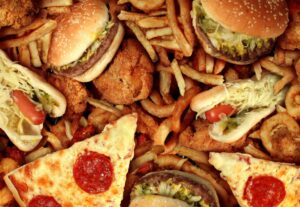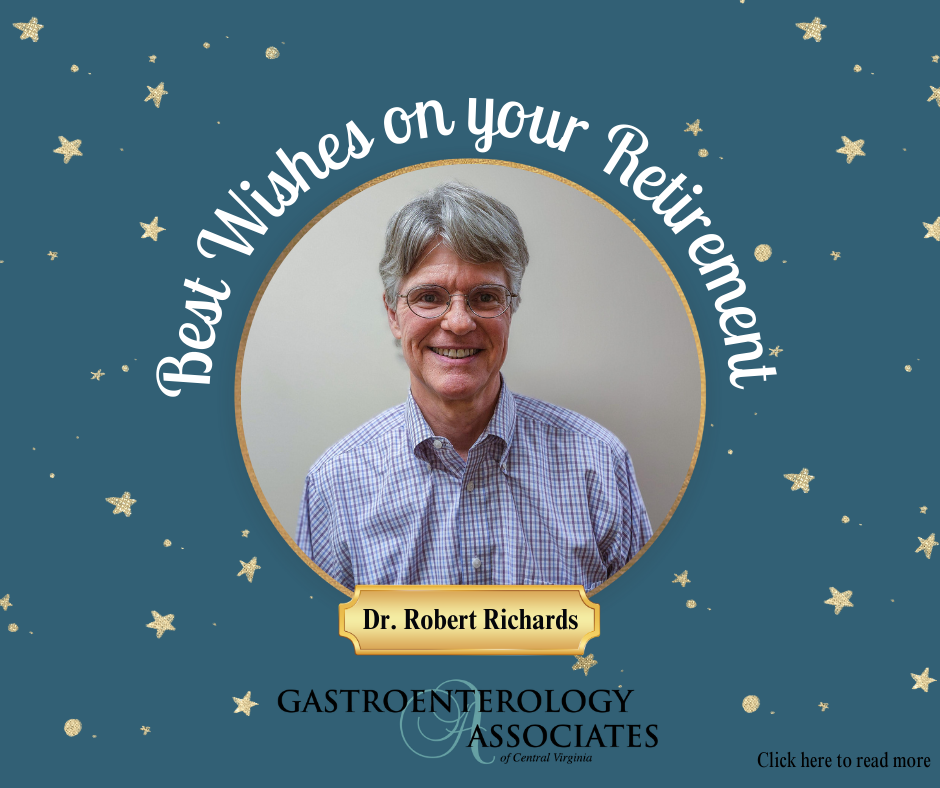 While the evidence of a link between an unhealthful diet and colorectal cancer is robust, the underlying mechanisms for this association have been unclear. A new study, however, may have uncovered an explanation.
While the evidence of a link between an unhealthful diet and colorectal cancer is robust, the underlying mechanisms for this association have been unclear. A new study, however, may have uncovered an explanation.
Researchers from the Cleveland Clinic in Ohio have identified a cellular signaling pathway, called JAK2-STAT3, that drives the growth of cancer stem cells in the colon in response to a high-fat diet.
What is more, the researchers found that blocking the JAK2-STAT3 pathway in mice fed a high-fat diet halted the growth of these stem cells, a finding that might fuel the development of new drugs to treat colorectal cancer.
Study co-author Dr. Matthew Kalady, co-director of the Comprehensive Colorectal Cancer Program at the Cleveland Clinic, and colleagues recently reported their findings in the journal Stem Cell Reports.
After skin cancer, colorectal cancer – a cancer that begins in the colon or rectum – is the third most commonly diagnosed cancer in the United States.
The American Cancer Society estimate that there will be 95,520 new cases of colon cancer diagnosed in the U.S. this year, as well as 39,910 new cases of rectal cancer.
In recent years, a wealth of studies have suggested that a high-fat diet is a risk factor for colorectal cancer. However, the precise mechanisms behind this association have been ambiguous.
With the hope of shedding light on such mechanisms, Dr. Kalady and colleagues investigated how a high-fat diet influences JAK2-STAT3, a cellular signaling pathway known to promote tumor growth.
Read the full article here: Medical News Today

